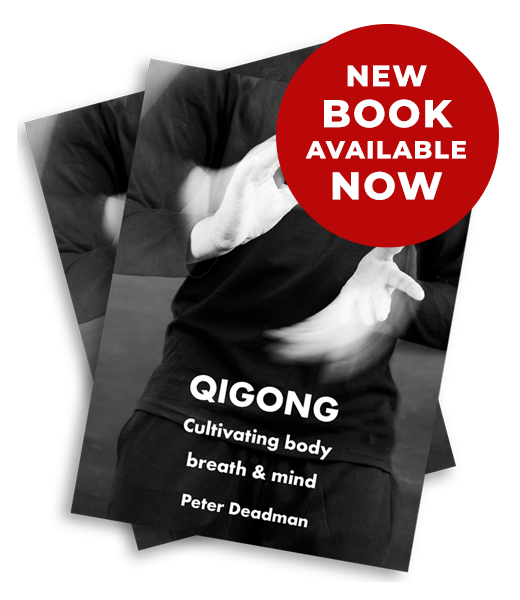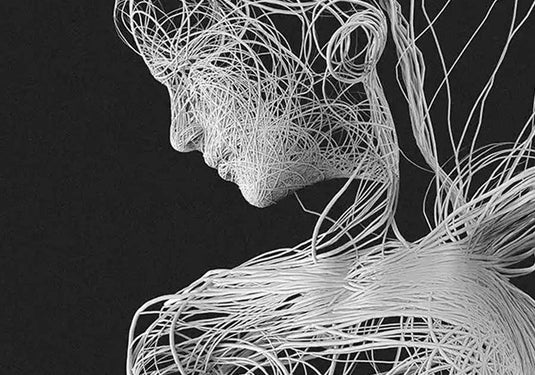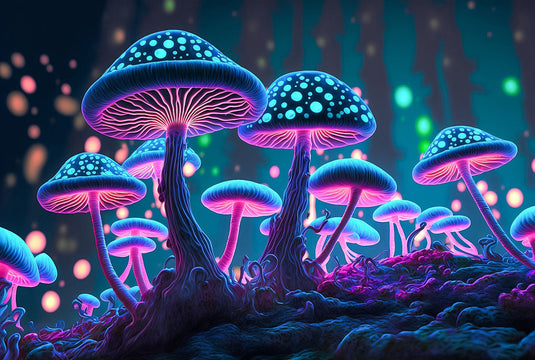Chinese medicine has taught for over two thousand years that excessive or prolonged emotions can cause real and lasting harm to the mind and body.
One of the most challenging to understand is the emotion they called ‘joy’. For example, the 2000-year old Yellow Emperor’s Classic of Internal Medicine warned that, “Joy harms the heart”.
It is clear from other passages in this book (commonly considered the ‘bible’ of early Chinese medicine) that what is being referred to is not joy in the sense of quiet contentment, but rather joy in the sense of excitement or over-excitement.
The renowned Dr John Shen in London once told an old story of a famous doctor who observed the winner of the Imperial Examinations (China was an extraordinarily meritocratic society – in theory anyone could sit the exams and gain high office, fame and wealth if they succeeded) passing through the crowd on horseback, receiving the adulation of the crowd. The doctor scrutinised his face and rushed up to him. He told the candidate that his mother was dying and he had to go to her immediately. The young man set off straight away on the two-week journey to his mother’s village but when he got there, he found her hale and hearty. Returning to the city he sought out the doctor and berated him. The doctor replied, “Using my facial diagnosis skills I observed that the joy of gaining such high status was putting your heart and your life at risk. I had to act quickly to dissipate the joy.”
The accuracy of the observation that joy can harm the heart has now been confirmed by a Swiss study into the causes of takotsubo cardiomyopathy – a change in the shape of the left ventricle of the heart. The condition presents with chest pains and breathlessness which may lead to fatal heart attacks, although it is usually temporary and without severe consequences. In a study of 1750 patients, the study found that the condition could be caused by joyful events such as a birthday party, a son’s wedding, meeting a friend after 50 years, becoming a grandmother, a favoured rugby team winning a game, winning a casino jackpot, or having a CT scan which gave the all-clear on another condition.
Of course it was not only happy or joyful emotions that triggered this condition. The researchers found that the great majority of cases were triggered by negative emotions such as episodes of grief, anger or fear.
The negative effect of emotions on the heart was also revealed in another recent study. It was found that higher activity in a brain region known as the amygdala increased the likelihood of developing cardiovascular disease. The amygdala processes emotions such as fear and anger. They suggest that the amygdala signals the bone marrow to produce more white blood cells which then act on the arteries and cause them to become inflamed – increasing the risk of heart attacks, angina and strokes. They say that stress should be considered as just as important a risk factor for heart disease as smoking and high blood pressure.
Once more, this underlies the Chinese health preservation teachings that we should maintain a calm and steady emotional state and train ourselves (though practices such as meditation) not to be carried away by intense emotion.
Happy heart syndrome: role of positive emotional stress in takotsubo syndrome.





